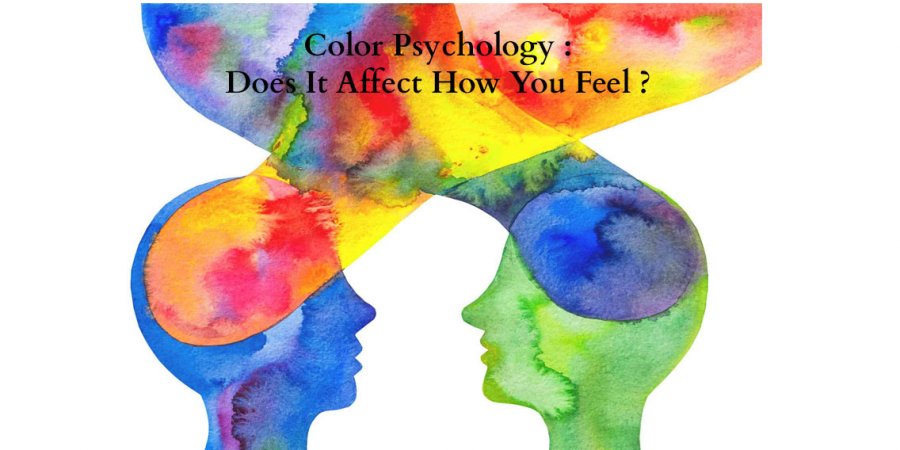

Colour psychology explores the profound impact that different colours have on human emotions, behaviour, and perceptions. From the vibrant red of a sunset to the calming blue of the ocean, colors can evoke a wide range of feelings and responses. In this exploration, we delve into the ways in which color psychology influences our mood and behavior, backed by examples from various aspects of life.
A. Red : Stimulates Excitement and Urgency
Example : Fast-food chains like McDonald's use red in their branding to stimulate appetite and create a sense of urgency, encouraging customers to make quick decisions.
B. Blue : Promotes Calmness and Trust
Example: Hospitals often use blue in their interior design to create a calming and reassuring environment for patients, promoting feelings of trust and security.
C. Yellow : Evokes Happiness and Optimism
Example: Brands like IKEA incorporate yellow in their branding to evoke feelings of happiness and optimism, reflecting their cheerful and affordable image.
D. Green : Represents Nature and Harmony
Example: Environmental organizations use green in their logos and branding to symbolize nature and sustainability, fostering a sense of harmony with the environment.
E. Purple : Signifies Luxury and Creativity
Example : Luxury brands like Cadbury use purple in their packaging to convey a sense of sophistication and creativity, appealing to consumers seeking indulgence.
F. Orange : Radiates Energy and Enthusiasm
Example : Home improvement stores like Home Depot use orange in their branding to convey energy and enthusiasm, inspiring customers to take on new projects.
G. Pink : Conveys Sweetness and Femininity
Example : Cosmetics brands often use pink in their packaging and marketing to appeal to feminine ideals of beauty, sweetness, and tenderness.
H. Black : Symbolizes Power and Elegance
Example : Luxury car brands like Mercedes-Benz use black in their branding to convey power, elegance, and sophistication, appealing to affluent consumers.
I. White : Represents Purity and Simplicity
Example : Tech companies like Apple use white in their product design to convey simplicity, purity, and innovation, reflecting their minimalist aesthetic.
J. Brown : Reflects Earthiness and Stability
Example : Coffee brands like Starbucks use brown in their branding to evoke feelings of warmth, earthiness, and reliability, creating a cozy and familiar atmosphere.
Conclusion :
Color psychology plays a significant role in shaping our emotions, perceptions, and behavior in everyday life. By understanding the psychological effects of different colors, marketers, designers, and individuals can harness the power of color to evoke desired feelings, influence consumer decisions, and create meaningful experiences. Whether it's the vibrant red of a logo or the calming blue of a room, colors have the ability to profoundly impact how we feel and interact with the world around us.


